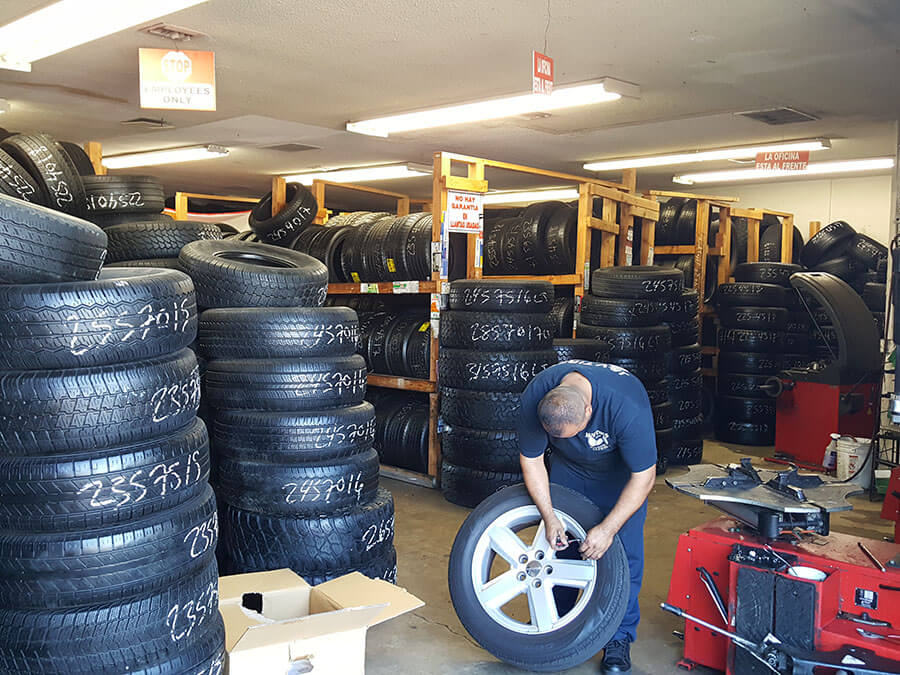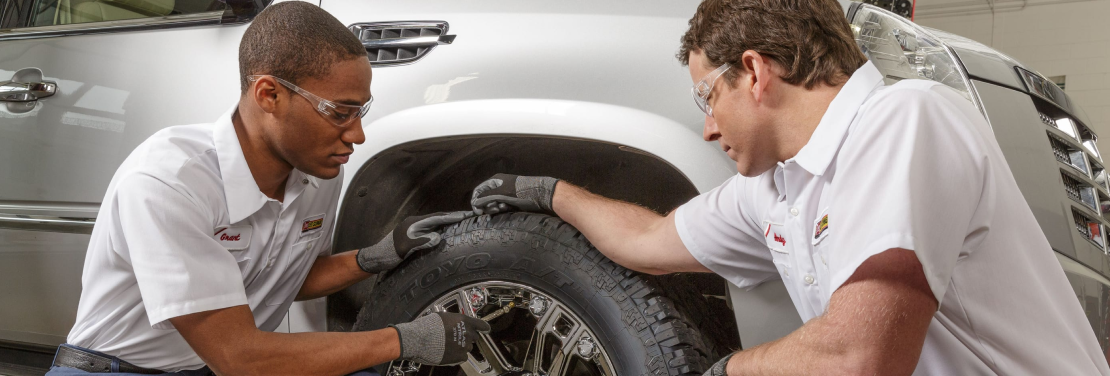Tire Solution: Understanding Tire Pressure Surveillance Systems
Comprehending Tire Stress Surveillance Solutions (TPMS) is an essential facet of maintaining ideal lorry performance and security on the roadway. With developments in auto technology, TPMS has actually come to be a conventional attribute in modern-day cars, supplying real-time details on tire pressure levels.

Relevance of TPMS
The importance of Tire Pressure Tracking Systems (TPMS) depends on their capability to improve lorry safety and performance via real-time monitoring of tire pressure degrees. Maintaining the right tire pressure is important for making sure optimum handling, braking, and total safety of a car. TPMS provides vehicle drivers with instant responses on any type of underinflated or overinflated tires, enabling timely modifications to be made.
Elements of TPMS
Sensors are normally located in the tire shutoff stem or attached to the wheel setting up, where they gauge tire pressure and transfer data to the control component. Some progressed TPMS designs additionally show the real tire pressure analyses for each tire, giving vehicle drivers with real-time information to make certain optimum tire efficiency and safety and security. By keeping track of tire pressure constantly, TPMS helps prevent accidents, reduces tire wear, and improves fuel performance, making it an essential component for vehicle safety and security and efficiency. discount tires morris il.
Sorts Of TPMS

On the other hand, indirect TPMS relies upon the automobile's wheel speed sensing units to keep track of tire stress. This system finds underinflation by comparing the rotational speeds of the wheels. Indirect TPMS is less expensive than straight TPMS, as it utilizes existing sensors within the vehicle.
While direct TPMS supplies a lot more accurate analyses, indirect TPMS is easier in layout and normally requires much less upkeep. Both systems have their limitations and advantages, and the selection between them commonly depends on elements such as price, vehicle make, and personal choice. Understanding the distinctions in between these two types of TPMS can assist lorry owners make notified choices concerning tire maintenance and safety and security.
TPMS Upkeep Tips
Effective upkeep of TPMS is crucial for guaranteeing ideal efficiency and safety and security of your vehicle. On a regular basis inspecting the TPMS sensors find this for any damage or rust is critical. Ensure that the sensors are cost-free and tidy from particles that could interfere with their functioning. Additionally, it is recommended to inspect the sensor batteries regularly and replace them as needed to ensure precise readings. Conduct routine look at the tire pressure levels and compare them with the TPMS readings to ensure they are constant. If there are any type of inconsistencies, alter the system complying with the maker's guidelines. Throughout tire turning or substitute, make sure that the TPMS parts are handled very carefully to avoid any kind of prospective damage. Lastly, if the TPMS advising light brightens on the dashboard, attend to the problem quickly by checking the tire stress and the overall system for any mistakes. By sticking to these upkeep suggestions, you can lengthen the life expectancy of your TPMS and boost the safety and security of your driving experience.
Advantages of Proper Tire Pressure
Keeping proper tire pressure, as stressed in TPMS Maintenance Tips, is vital for reaping the various advantages connected with ideal tire stress levels. One of the main advantages of maintaining the appropriate tire stress is boosted fuel effectiveness. When tires are effectively inflated, there is less rolling resistance, causing far better fuel economy. Furthermore, correct tire stress ensures even tire wear, extending the life expectancy of the tires and advertising a fantastic read much safer driving problems. With the right tire pressure, vehicles additionally have better handling and grip, especially in adverse climate condition. This can improve general driving efficiency and safety and security for the chauffeur and travelers. Moreover, preserving ideal tire stress can add to a smoother and a lot more comfy experience by lowering resonances and sound triggered by underinflated tires. To conclude, the advantages of appropriate tire pressure surpass simply tire long life; they incorporate enhanced fuel efficiency, boosted safety and security, far better automobile performance, and overall driving convenience.
Final Thought
In conclusion, recognizing tire pressure surveillance systems (TPMS) is vital for preserving optimum tire pressure and ensuring automobile safety. By identifying the importance of TPMS, being acquainted with its parts, understanding the various types readily available, sticking to appropriate upkeep suggestions, and understanding the benefits of preserving correct tire pressure, vehicle drivers can boost their driving experience and lengthen the lifespan of their tires. Appropriate tire stress is key to risk-free and reliable automobile procedure.
